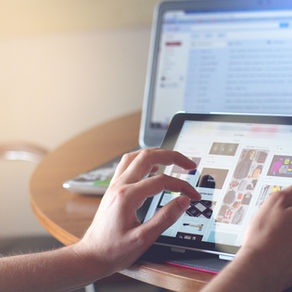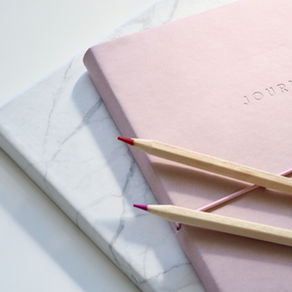Venezuela was once the richest country of Latin America. It has the largest known oil reserves in the world and its democratic government was once praised worldwide But today, Venezuela's democratic institutions and its economy are in shambles.
The country has the highest inflation in the world, making food and medicine inaccessible to most Venezuelans.

Over the last four years, its GDP has fallen 35%, which is a sharper drop than the one seen during the Great Depression in the US. The country's murder rate has surpassed that of the most dangerous cities in the world.
What's Going in Venezuela

Both of these men claim to be Venezuela's president but who are they and how can two people claim the same office ?
There is a power struggle happening right now in Venezuela.
Nicholas Maduro, who has been president of Venezuela for 5 years, and Juan Guaido, the opposition leader of the National Assembly, both say they have a constitutional right to the office. The disagreement has caused an international backlash and dozens of countries have picked sides.
The crisis escalated at the beginning of January, The relatively unknown Guaido gained prominence when he was sworn into office as the head of the National Assembly. Guaido invoked Article 233 of the country's constitution, which says that if at the beginning of a new term there is no head of state, the head of the National Assembly would become the president until free and fair elections take place. Guaido claims the country had no legitimately elected president because of the disputed election, so he assumed office. On January 23, he swore himself as the Interim president in front of thousands of supporters.
After this unprecedented move, leaders from around the world reacted. A number of Latin American countries, like Columbia, Brazil, and Peru immediately came out in support of Guaido. His most notable supporter, however, was the United States. In response, Maduro accused the United States of planning a coup against his government and he ordered all U.S. diplomats to leave Venezuela within 72 hours. The U.S. responded by saying Maduro had no right to sever relations since it doesn't consider him the legitimate head of the state. White House National security advisor John Bolton went as far as to say that there might be a possibility of military action in Venezuela. The U.S. also placed sanctions on Venezuela's state-run oil company, PDVSA to halt U.S. purchases of Venezuelan Oil. The move is set to hurt the country's already crippled economy because the U.S. purchases 40% of Venezuelan Oil. Some countries like Russia and China have supported Maduro.
Under Maduro's leadership, Venezuela has entered into an economic and humanitarian crisis. Nearly 90% of Venezuelans now live in poverty and face severe food, medicine, and electricity shortages. Food is so scarce that Venezuelans reported losing an average of 10.886 kgs in 2017. Venezuelans call this the Maduro diet.
Maduro's government keeps causing inflation to rise. The IMF said inflation would spike to 1.37 million % by the end of 2018. The living conditions have prompted 3 million Venezuelans to flee across international borders for food and water. This has made Maduro made more unpopular among his people.




































































































